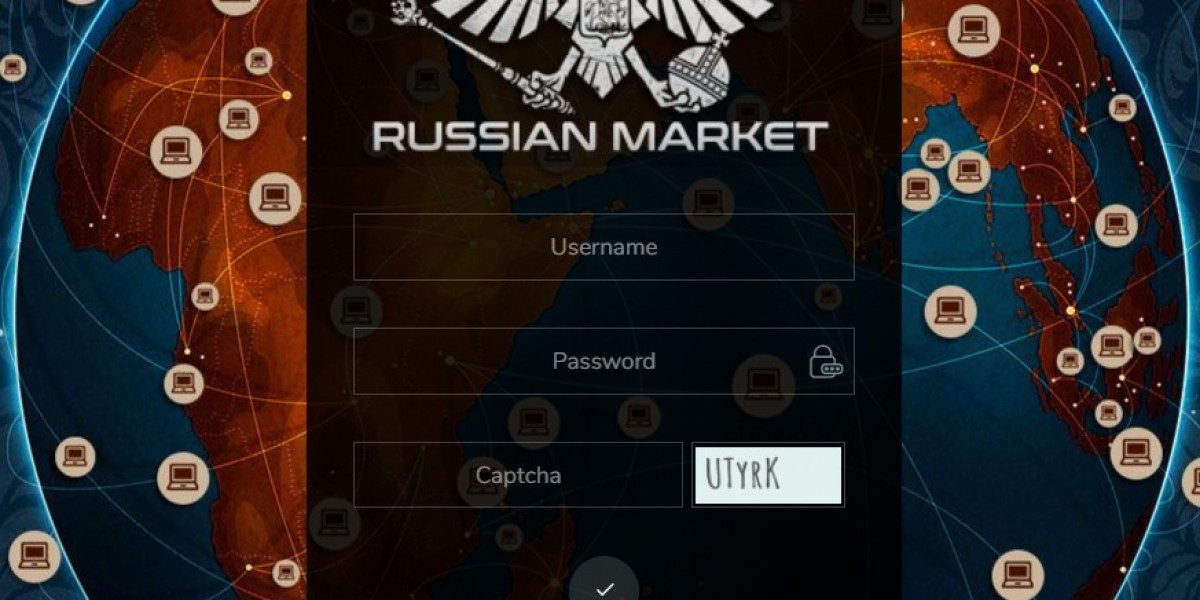In the vast landscape of the internet, certain areas are hidden from plain view and involve illegal activities. One such area is the Russianmarket.to, a part of the dark web known for its involvement in cybercrime. This article aims to shed light on what the Russianmarket is, its components like dumps, RDP access, and CVV2 shops, and how you can protect yourself from these digital threats.
What is the Russianmarket?
An Overview of the Russianmarket
The Russianmarket is a segment of the dark web where illegal transactions take place. It operates with a high degree of anonymity, making it challenging for authorities to monitor and control. Within this hidden network, cybercriminals engage in various illicit activities, including trading stolen data, unauthorized access to systems, and selling compromised financial information.
The Russianmarket is notorious for its involvement in several key areas of cybercrime:
Dumps: Stolen credit card information.
RDP Access: Unauthorized remote access to computers.
CVV2 Shops: Platforms for buying and selling stolen card details.
Understanding these elements can help you recognize the potential risks and take steps to protect yourself.
What Are Dumps?
Understanding Credit Card Dumps
In cybercrime, "dumps" refer to stolen credit card information extracted from the card's magnetic stripe. This data includes essential details like the card number, cardholder’s name, expiration date, and sometimes additional personal information. Criminals obtain this data through various means:
Skimming: Devices are used to capture card information at ATMs or point-of-sale terminals.
Phishing: Fraudulent emails or websites trick users into providing their card details.
Database Breaches: Hackers access large databases to steal card information.
Once collected, these dumps are often sold on the dark web, where they can be used to make fraudulent purchases or create counterfeit cards.
The Impact of Dumps
The consequences of stolen credit card dumps are far-reaching. For individuals, it can mean unauthorized transactions and damage to their credit scores. For financial institutions, it involves substantial costs related to fraud prevention, customer compensation, and enhanced security measures.
RDP Access: A Gateway for Cybercriminals
What is RDP Access?
Remote Desktop Protocol (RDP) allows users to access and control computers from a remote location. While this can be beneficial for legitimate purposes, cybercriminals exploit RDP to gain unauthorized access to systems. They achieve this through methods such as:
Weak Passwords: Using easily guessed or stolen passwords to access systems.
Unpatched Software: Exploiting vulnerabilities in outdated software.
Phishing: Deceiving users into revealing their login credentials.
Once criminals gain RDP access, they can:
Install Malware: Deploy ransomware or other malicious software.
Steal Sensitive Data: Access personal or corporate information.
Launch Further Attacks: Use the compromised system as a launching pad for additional attacks.
The Risks of RDP Access
RDP access available through the Russianmarket poses significant security risks. Compromised systems can be used to distribute malware, steal confidential information, or disrupt operations. Organizations affected by such breaches may face operational disruptions, reputational damage, and financial losses.
CVV2 Shops: Trading Stolen Card Information
What Are CVV2 Shops?
CVV2 shops are online marketplaces within the Russianmarket where stolen credit card information, including the CVV2 code (a three-digit number on the back of the card), is bought and sold. CVV2 codes are crucial for verifying online transactions. CVV2 shops typically offer various types of card information:
Fullz: Comprehensive data sets that include credit card details, personal information, and more.
Random: Card information without associated personal details.
Partial: Incomplete data sets missing elements like CVV2 codes or expiration dates.
The Consequences of CVV2 Sales
The sale of CVV2 information can lead to severe financial and personal repercussions. Criminals use this stolen information for unauthorized transactions, identity theft, and fraud. Victims may experience damaged credit scores and significant emotional stress, while businesses face financial losses and reputational harm.
How to Protect Yourself from Russianmarket Threats
Use Strong Passwords and Multi-Factor Authentication
To defend against unauthorized RDP access, use strong, unique passwords and enable multi-factor authentication (MFA). MFA adds an extra layer of security by requiring a second form of verification, such as a code sent to your mobile device.
Monitor Your Financial Accounts Regularly
Keep a close eye on your bank and credit card statements for any unauthorized transactions. Report any suspicious activity to your financial institution as soon as possible to minimize potential damage.
Be Cautious of Phishing Scams
Phishing is a common method used to steal sensitive information. Be wary of unsolicited emails, links, or attachments, and verify the sender’s legitimacy before sharing any personal details.
Keep Your Software Updated
Regularly update your operating systems and applications with the latest security patches. Updates help protect against vulnerabilities that cybercriminals might exploit.
Use Reputable Security Software
Install and maintain trusted security software on your devices to detect and prevent malware infections. Regular scans and real-time protection are essential for safeguarding your personal information.
Conclusion
The Russianmarket is a significant component of the dark web, involving illegal trades such as dumps, RDP access, and CVV2 shops. By understanding these threats and taking proactive steps to secure your information, you can better protect yourself from the dangers of cybercrime. Staying informed and vigilant is crucial in defending against the ever-evolving risks associated with digital security.







